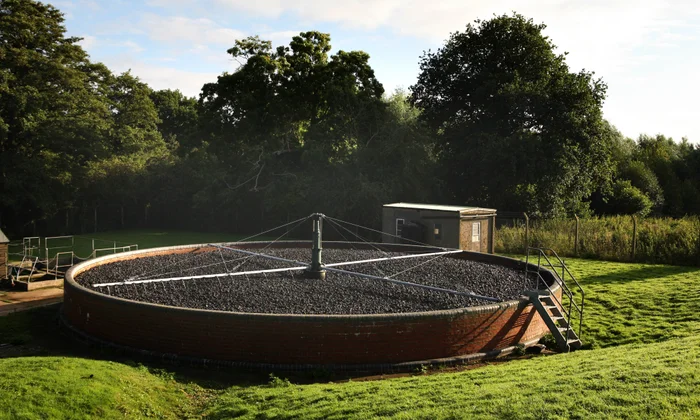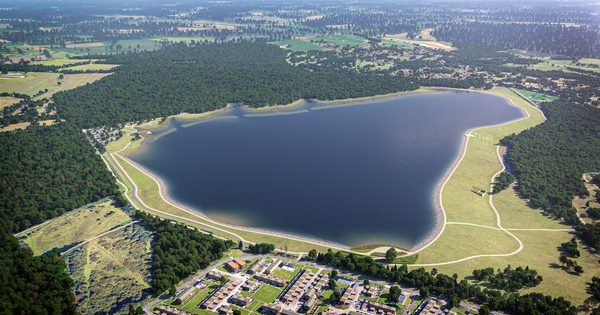Water is the foundation of life, yet billions of people around the world face shortages or unequal access. Across many regions, innovative local systems have emerged to address this challenge. Among them, Angilan water management stands out as a model of sustainable and community-centered governance. Rooted in traditional practices and refined with modern solutions, it shows how collective responsibility and fairness can create long-term water security.
In this article, we will explore the origins of Angilan water management, its guiding principles, and how it continues to influence sustainable practices today.
Historical Roots of Angilan Water Management
The origins of Angilan water management can be traced back to small farming communities that depended heavily on rivers and seasonal rainfall. Early settlers understood that water scarcity could create conflicts, so they designed community-based rules for distribution.
Key features of the traditional system included:
- Shared irrigation channels constructed by villagers.
- Rotational water schedules ensuring every household received its fair share.
- Community meetings to resolve disputes and enforce rules.
- Maintenance rituals where families worked together to repair canals before planting seasons.
This cooperative model ensured survival, strengthened social unity, and created a culture of fairness and accountability.
Principles Behind the System
At its core, Angilan water management is guided by three principles:
- Equity – Everyone in the community, regardless of status, has access to water.
- Sustainability – Water use is carefully regulated to prevent over-extraction.
- Participation – All members are involved in decision-making and maintenance.
These principles ensured that water was not treated as a commodity, but as a shared community asset.
Integration of Tradition and Modern Practice
Over time, modernization brought new technologies such as pumps, reservoirs, and filtration systems. Instead of abandoning traditional systems, Angilan communities integrated them.
- Traditional canals remain important for irrigation.
- Modern filtration ensures clean drinking water.
- Government partnerships support large-scale infrastructure like storage tanks.
This hybrid model preserves cultural heritage while meeting the demands of modern life.
Benefits of Angilan Water Management
The success of the Angilan system lies in its measurable benefits:
- Improved agricultural productivity through fair irrigation.
- Reduced conflicts as distribution is transparent and community-driven.
- Health benefits from cleaner water supplies.
- Stronger communities built on cooperation and shared responsibility.
For many villages, the system has transformed not just farming, but also social harmony and economic stability.
Global Relevance
Today, the principles of Angilan water management resonate globally. Countries struggling with drought, overuse, and pollution can adapt these lessons:
- Community-driven governance ensures accountability.
- Equity in access prevents social inequalities.
- Sustainability practices safeguard resources for the future.
As water scarcity intensifies worldwide, models like Angilan prove that local wisdom combined with innovation can solve global crises.
Conclusion
The origins of Angilan water management remind us that the best solutions are often found in collective wisdom and shared responsibility. By balancing traditional practices with modern technology, it has become a blueprint for communities striving for water security.
As the world faces mounting water challenges, Angilan water management stands as a living example of how humans can coexist with nature while ensuring fairness for all.






